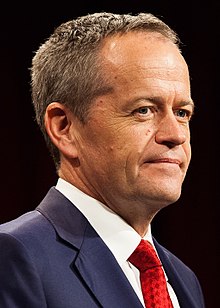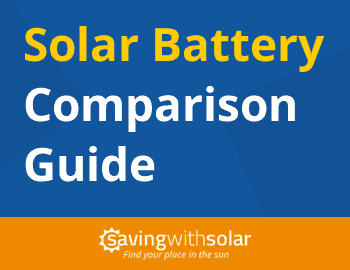Approved Solar Retailer – the Clean Energy Council’s program is over five years old now – the voluntary scheme authorised by the ACCC in 2013 has had its ups and downs. Is it worth it? Let’s take a look.
Approved Solar Retailer | Clean Energy Council Program
The Approved Solar Retail program has grown to over 200 companies in January 2019, according to EcoGeneration. A hundred of these have been added since September 2018, which makes you wonder what the program was like for the previous five years (there are around 4,000 solar companies Australia wide). Is it worth joining the CEC or are they a toothless tiger (or a cash cow)? How does the CEC deal with complaints about members? Does this represent a glorified rubber stamp and is self-regulation something we can trust industries to work on? That’s something worth discussing with other solar owners who have had experience with the program.
Here’s their code of conduct:
“This non-prescribed voluntary code of conduct (the Code) aims to promote best practice measures and activities for retail businesses selling solar photovoltaic (PV) systems. This Code is for retail businesses that want to demonstrate the commitment they have to promoting responsible activity and development in the renewable energy sector across Australia. This Code is not intended to replace existing consumer, energy or environmental planning legislation, policy or regulations at local, state or federal government levels, but to bring about increased accountability within the PV retail industry”
The program’s recent growth appears to be directly tied to schemes like the South Australian Government’s Home Battery Scheme and the Victorian Government’s Solar Homes Package – it appears that the ACCC isn’t ‘enough’ to regulate the industry.
One important thing to note – being an Approved Solar Retailer is different to being a Clean Energy Council member. You can find a list of members on the Clean Energy Council members page.
If you’re having problems with an accredited solar company please fill out a solar accreditation dispute form.
If you’d like to check whether an installer is accredited with the Clean Energy Council please click here.
If you’re a solar company hoping to get accredited please click here to learn more about the process and what you can expect. Membership is on a sliding scale and starts from $600 p.a. depending on the size of your company.



